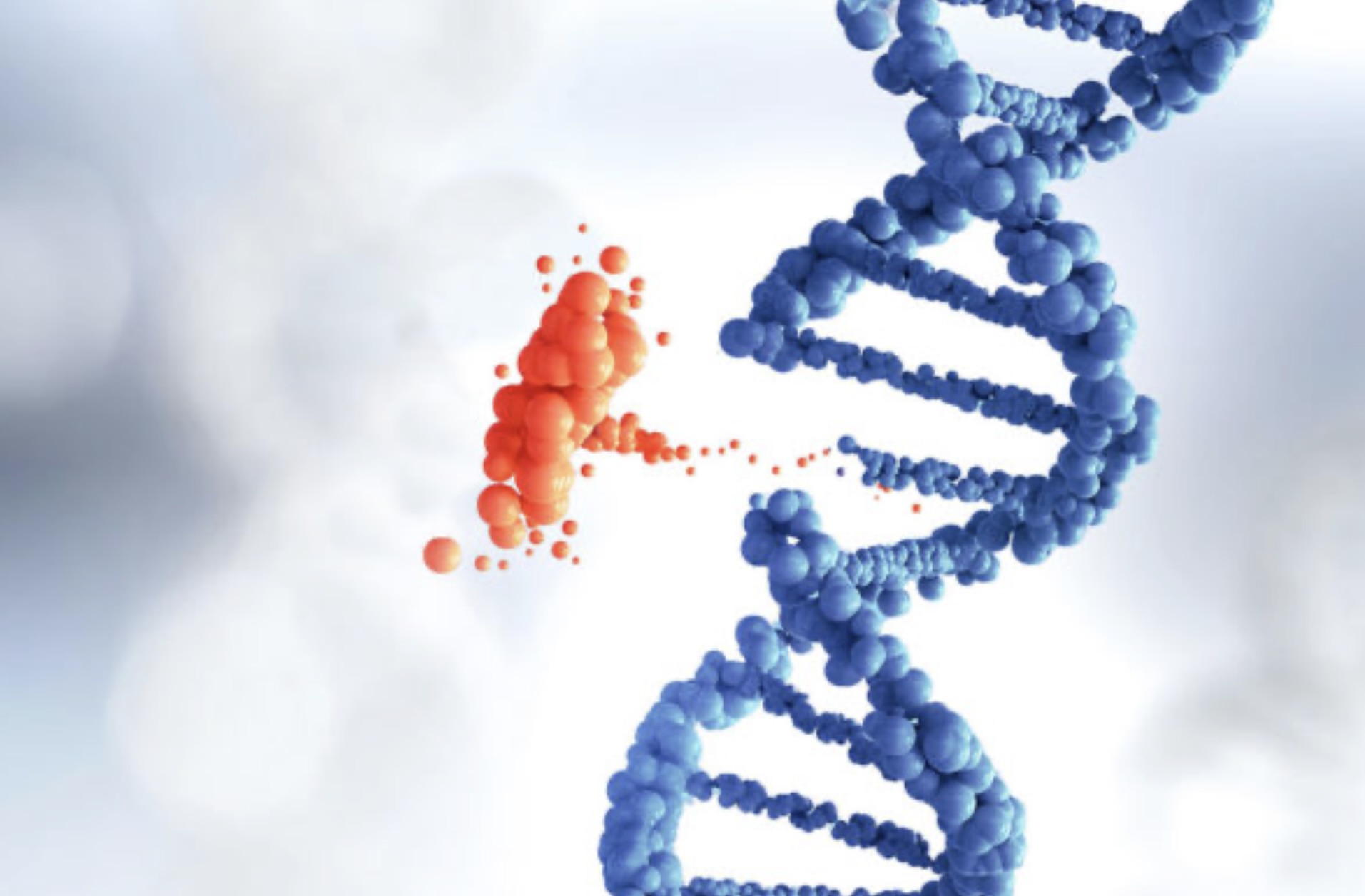Primary Immunodeficiency
What are the symptoms of primary immunodeficiency?
Primary immunodeficiency disorders are a group of genetic disorders that affect the immune system’s ability to fight off infections and diseases. The symptoms of primary immunodeficiency can vary depending on the specific disorder, but some common symptoms include:
- Frequent or recurrent infections: Individuals with primary immunodeficiency disorders may experience frequent or severe infections that are difficult to treat. These infections can affect different parts of the body, including the respiratory tract, skin, and gastrointestinal system.
- Slow healing of infections: People with primary immunodeficiency disorders may have infections that take longer to heal than usual or that recur shortly after treatment.
- Chronic diarrhea or gastrointestinal issues: Some primary immunodeficiency disorders can affect the gastrointestinal system, leading to chronic diarrhea, abdominal pain, and malabsorption of nutrients.
- Poor growth or development: Children with primary immunodeficiency disorders may have delays in growth and development due to frequent infections and other immune-related issues.
- Autoimmune conditions: Some individuals with primary immunodeficiency disorders may also develop autoimmune conditions, where the immune system attacks the body’s own tissues and organs.
- Allergies: People with primary immunodeficiency disorders may be more prone to allergies and have severe allergic reactions to certain substances.
- Fatigue and weakness: Chronic infections and immune system dysfunction can lead to overall fatigue, weakness, and lack of energy.
It’s important to note that symptoms of primary immunodeficiency can vary greatly from person to person, and some individuals may not experience all of the symptoms listed above. If you suspect you or a loved one may have a primary immunodeficiency disorder, it is important to consult with a healthcare specialist for proper diagnosis and treatment.
What are the causes of primary immunodeficiency?
Primary immunodeficiency disorders are genetic conditions that are typically present from birth or manifest early in life. These disorders are caused by genetic mutations that affect the development, function, or regulation of the immune system. Some of the common causes of primary immunodeficiency disorders include:
- Genetic mutations: Inherited genetic mutations are the main cause of primary immunodeficiency disorders. These mutations can affect various components of the immune system, such as white blood cells, antibodies, or complement proteins, leading to a weakened immune response.
- Defective immune cell development: Genetic mutations can disrupt the normal development process of immune cells, such as T cells, B cells, or natural killer cells, impairing their ability to recognize and fight off infections.
- Dysfunction in immune system proteins: Primary immunodeficiency disorders can also be caused by mutations in genes that code for immune system proteins, such as antibodies or complement proteins. These mutations can impact the body’s ability to produce protective antibodies or mount an effective immune response.
- Regulatory abnormalities: Some primary immunodeficiency disorders are caused by genetic mutations that disrupt the regulation of the immune system, leading to an overactive or underactive immune response.
- Environmental factors: While primary immunodeficiency disorders are primarily genetic in nature, certain environmental factors can also play a role in triggering or exacerbating immune system dysfunction in individuals with genetic predispositions.
It is important to note that primary immunodeficiency disorders are rare and can vary in their presentation and severity. If you suspect you or a family member may have a primary immunodeficiency disorder, it is essential to seek evaluation and diagnosis by a healthcare provider or immunologist for appropriate management and treatment.
What is the treatment for primary immunodeficiency?
The treatment for primary immunodeficiency disorders aims to manage symptoms, prevent infections, and support overall immune function. The specific treatment approach will depend on the type and severity of the primary immunodeficiency disorder. Some common treatment options for primary immunodeficiency include:
- Immunoglobulin replacement therapy: For individuals with antibody deficiencies, intravenous immunoglobulin (IVIG) or subcutaneous immunoglobulin (SCIG) may be administered to provide the body with the necessary antibodies to fight off infections.
- Antibiotic therapy: Antibiotics may be prescribed to prevent or treat bacterial infections in individuals with primary immunodeficiency disorders.
- Immunomodulatory therapy: Medications that modulate the immune response, such as corticosteroids, immunosuppressants, or cytokine therapy, may be used to manage inflammation and immune dysfunction in certain primary immunodeficiency disorders.
- Stem cell transplantation: In severe cases of primary immunodeficiency disorders, stem cell transplantation may be considered to replace defective immune cells with healthy cells from a donor.
- Gene therapy: In some cases, gene therapy may be used to correct genetic mutations that cause primary immunodeficiency disorders, potentially restoring normal immune function.
- Supportive care: Additional supportive care measures, such as vaccination, regular monitoring for infections, dietary changes, and lifestyle modifications, may also be recommended to help manage symptoms and prevent complications.
It is important for individuals with primary immunodeficiency disorders to work closely with a healthcare team, including immunologists, infectious disease specialists, and other healthcare providers, to develop a comprehensive treatment plan tailored to their specific needs. Regular monitoring and follow-up care are essential to manage the condition effectively and improve quality of life.




